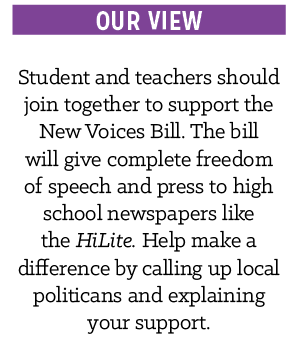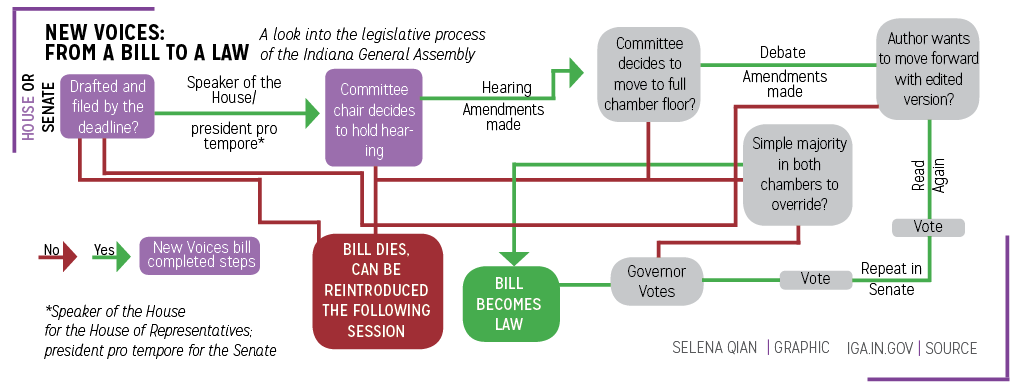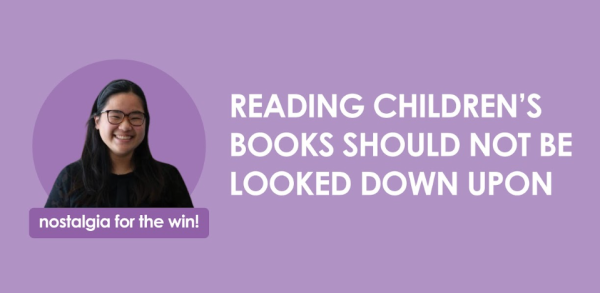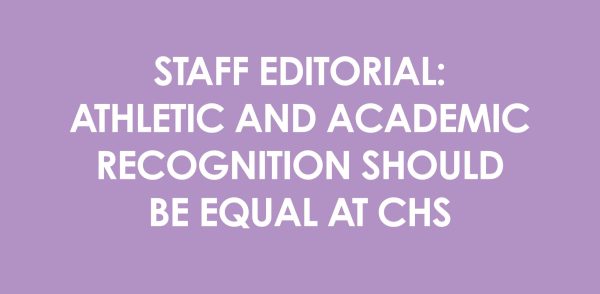Speak For Us: High school publications are under the threat of censorship, but the New Voices Bill may change that with support
More in Perspectives
First Amendment rights have always been of utmost importance to both the general public and to us as a newsmagazine. Being censored is a form of oppression in and of itself and a violation of our right to freedom of speech and press. And yet, there exist laws today that currently bar student journalists from saying what needs to be said. The 1988 Hazelwood v. Kuhlmeier U.S. Supreme Court decision allo ws for student publications to be censored. That means there is always a possibility of something student journalists want to print that gets omitted.
ws for student publications to be censored. That means there is always a possibility of something student journalists want to print that gets omitted.
Thankfully at this school, our administration has allowed journalists here the freedom to decide content without oversight. However, other schools are not so lucky; in 2007, for example, a student at Woodlan High School wrote an article asking for LGBT tolerance and was stopped by her principal, and in 2005, the Franklin Central newspaper attempted to write about a student who was accused of murder but was stopped and their adviser forced to relocate.
But there is a glimmer of hope that can stop the aforementioned from happening: the New Voices Bill, also known as House Bill HB1130.
The New Voices legislation is geared to protect student publications from censorship. This means that situations where students want to write about political or social issues cannot be punished through censorship. To clarify, the bill does not allow students to produce libelous or obscene content; Tinker v. Des Moines (1969) also still stands, preventing the possibility of students producing content that would “disrupt” the learning environment. Several states have implemented their own New Voices bills, and so far have shown no evidence of any greater incidences of libel or invasion of privacy
Our state tried to pass this bill before in 1992, but it was stopped when administrators testified against the movement. This is a second chance to change that; it’s time to testify in support. Hearings have begun after the bill’s drafting this month, and we encourage administrators to contribute to its passage. Students can call our House representatives and ask for their support of the bill. Passing this bill is an effort of both our students and administration. Even if you do not want to call or testify, bringing publicity to this movement is just as helpful. We want to remain as your voice and help other schools be able to publish content without the fear of being censored.

![]()
Your donation will support the student journalists of Carmel High School - IN. Your contribution will allow us to purchase equipment and cover our annual website hosting costs.


































![British royalty are American celebrities [opinion]](https://hilite.org/wp-content/uploads/2024/03/Screenshot-2024-03-24-1.44.57-PM.png)



















![Review: Quiet on Set: The Dark Side of Kids TV is the long awaited exposé of pedophilia within the children’s entertainment industry [MUSE]](https://hilite.org/wp-content/uploads/2024/04/unnamed.jpg)
![Review: “The Iron Claw” cannot get enough praise [MUSE]](https://hilite.org/wp-content/uploads/2024/04/unnamed.png)
![Review: “The Bear” sets an unbelievably high bar for future comedy shows [MUSE]](https://hilite.org/wp-content/uploads/2024/03/unnamed.png)
![Review: “Mysterious Lotus Casebook” is an amazing historical Chinese drama [MUSE]](https://hilite.org/wp-content/uploads/2024/03/0.webp)
![Thea Bendaly on her Instagram-run crochet shop [Biz Buzz]](https://hilite.org/wp-content/uploads/2024/03/IMG_0165-1200x838.jpg)
![Review in Print: Maripaz Villar brings a delightfully unique style to the world of WEBTOON [MUSE]](https://hilite.org/wp-content/uploads/2023/12/maripazcover-1200x960.jpg)
![Review: “The Sword of Kaigen” is a masterpiece [MUSE]](https://hilite.org/wp-content/uploads/2023/11/Screenshot-2023-11-26-201051.png)
![Review: Gateron Oil Kings, great linear switches, okay price [MUSE]](https://hilite.org/wp-content/uploads/2023/11/Screenshot-2023-11-26-200553.png)
![Review: “A Haunting in Venice” is a significant improvement from other Agatha Christie adaptations [MUSE]](https://hilite.org/wp-content/uploads/2023/11/e7ee2938a6d422669771bce6d8088521.jpg)
![Review: A Thanksgiving story from elementary school, still just as interesting [MUSE]](https://hilite.org/wp-content/uploads/2023/11/Screenshot-2023-11-26-195514-987x1200.png)
![Review: When I Fly Towards You, cute, uplifting youth drama [MUSE]](https://hilite.org/wp-content/uploads/2023/09/When-I-Fly-Towards-You-Chinese-drama.png)
![Postcards from Muse: Hawaii Travel Diary [MUSE]](https://hilite.org/wp-content/uploads/2023/09/My-project-1-1200x1200.jpg)
![Review: Ladybug & Cat Noir: The Movie, departure from original show [MUSE]](https://hilite.org/wp-content/uploads/2023/09/Ladybug__Cat_Noir_-_The_Movie_poster.jpg)
![Review in Print: Hidden Love is the cute, uplifting drama everyone needs [MUSE]](https://hilite.org/wp-content/uploads/2023/09/hiddenlovecover-e1693597208225-1030x1200.png)
![Review in Print: Heartstopper is the heartwarming queer romance we all need [MUSE]](https://hilite.org/wp-content/uploads/2023/08/museheartstoppercover-1200x654.png)
































